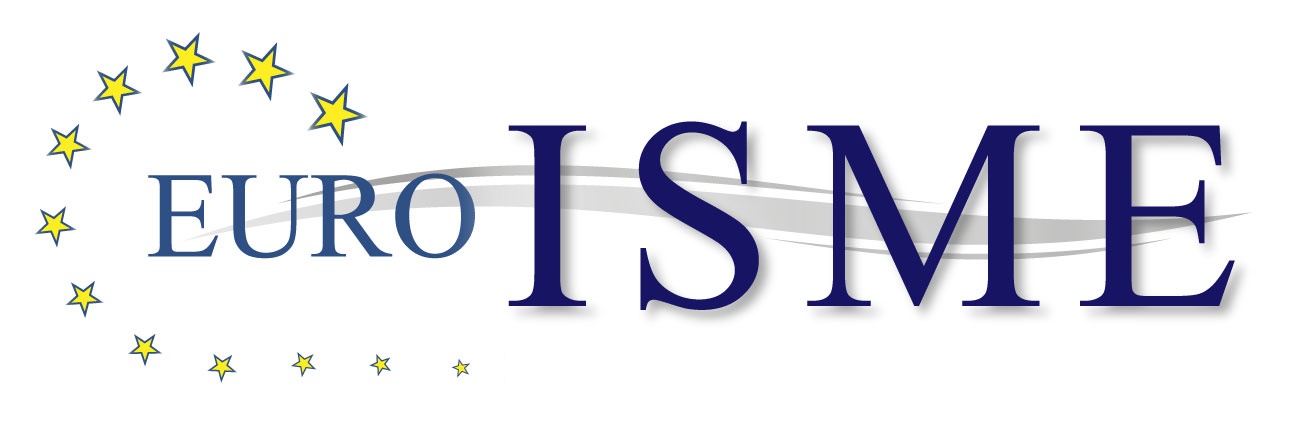 Over the years, Euro-ISME has been fortunate to attract many experts on military ethics to our conferences. They have been willing to share their knowledge and to test, challenge and appreciate the work of others.
Over the years, Euro-ISME has been fortunate to attract many experts on military ethics to our conferences. They have been willing to share their knowledge and to test, challenge and appreciate the work of others.
The breadth of research and expertise reflects the ever widening boundaries of what we still refer to as ‘military’ ethics. But as many of you know, the military now form only one element of a complex ethical ecosystem that includes topics as diverse as hybrid warfare, artificial intelligence, human enhancement and whistleblowing.
In the past 20 years or so, in parallel with the expanding envelope of military ethics, there has been a transformation in the way that military ethics has been taught to military personnel in Europe, and in countries like Canada, the USA, Australia and Colombia. Even in the midst of a hot war with Russia, Ukraine is devoting time and effort to the ethical training of its forces.
Many military personnel of all ranks, who have been exposed to this teaching for much of their careers, can now understand, analyse and communicate the ethical complexities of their profession in a way that many of their predecessors could not. They know, better than anyone, of the physical and mental toll conflict takes and that their contribution – however important and costly – can never provide the whole solution.
‘There is no purely military solution to conflict’. is a statement which many of you will recognise. Although it is much beloved trope used by politicians, it is substantially true. Clausewitz is widely known for saying that ‘war is an extension of politics by other means’. What he might also have said was that politics is both the parent of war and its offspring.
The latter part of my 32 year career in the UK armed forces was spent in the political/military (pol/mil) environment. This is the space where politics and diplomacy interface with the military. Whether it was in London, Brussels (NATO HQ and the EU) or Paris I became used to hearing ‘There is no purely military solution to conflict’ during my work. It was, unfortunately, often delivered in a somewhat condescending way, as if military people could not conceive of anything beyond kinetic warfare.
But what got under my skin the most was the equally obvious fact that, in the vast majority of cases, it is not the military who decide to go to war. Those same politicians, the ones who are always ready to say that there is ‘no purely military solution to conflict’ are the ones who decided to go to war and to commit military forces to achieve political ends, sometimes without any clear idea of what do when the fighting stops.
Recourse to war can be unavoidable and justifiable. For example, Ukraine’s defensive war against Russia, or on an even larger scale, the Allied war effort against Nazi Germany. But if we turn the coin over, both these wars were started unjustifiably by elected political leaders (I use the term ‘elected’ advisedly here). The same might be said of a host of recent conflicts, such as the Vietnam war, the second Gulf war or Assad’s war in Syria against his own people.
In my view, there is now a disturbing gulf between the military, which is increasingly ethically aware and knowledgeable, and the political leaderships in many countries. Our next conference in Madrid in May 2025, will look at the continued relevance of just war doctrine to contemporary conflict. If past conferences are anything to go by, we will have many excellent contributions on ius in bello and ius post bellum topics, plus others on a variety of topics such as cyber war, hybrid war, urban warfare and so on.
But I fear that contributions on ius ad bellum, from those who had to take – or are still in a position to take – momentous decisions on committing forces to war will be glaringly absent. Perhaps it is because political and diplomatic leaders see such decisions as primarily legal, political or economic ones. Perhaps it is because they incorrectly see military ethics as something that applies only to the military. Perhaps it is because they wish to avoid scrutiny, even after the event.
Whatever the reason, I feel that, through no fault of its own, Euro-ISME has become increasingly constrained into talking about how wars are fought and not enough about why they are fought. Of course, there is a whole universe of important work undertaken in the ius in bello and post bellum fields. But we are not getting the whole picture if we cannot understand at first hand why the military were sent into conflict and – no less importantly – how politicians approach issues such as PTSD, procurement, research, moral injury and veterans’ care in peace and war.
So my message to those of you reading this is simple. Try to get alongside the politicians in your own countries and let them know that they have an important contribution to make to understanding the ethical complexities not just of committing forces to war, but to the way that the military is supported in all aspects of life, during and after their service. Encourage them to engage with you and the academic and military worlds. I would love Euro-ISME to be able to host a conference in 2026 which would allow us to start to fill that ius ad bellum gap in a meaningful way.
In the meantime, I thank you sincerely for your continued support of Euro-ISME and
I hope to see many of you in Madrid in May for what promises to be an outstanding few days.
Finally, I wish you every success in your work and a happy and healthy 2025.
John Thomas, President, EuroISME


